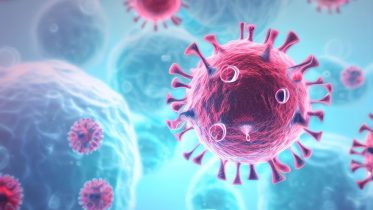Researchers at Rutgers University are developing a new oral COVID-19 treatment, Jun12682, which has shown potential in animal studies to supplement or replace Paxlovid. This novel drug targets a key viral protein and does not interfere with other medications, offering significant advantages over current treatments. Researchers at Rutgers believe they are among the lead in developing an oral COVID-19 treatment that could supplement or replace Paxlovid, an antiviral drug that aids in preventing hospitalizations among high-risk patients.
Their report, published in the journal Science , shows that an alternative medication, a viral papain-like protease inhibitor, inhibits disease progression in animals, a necessary step before human drug trials. “COVID-19 remains the nation’s third leading cause of death, so there’s already a massive need for additional treatment options,” said Jun Wang, senior author of the study and an associate professor who runs a research lab at Rutgers’ Ernest Mario School of Pharmacy. “That need will grow more urgent when, inevitably, COVID-19 mutates in ways that prevent Paxlovid from working.

” Development of a Novel Drug The Rutgers team hoped to make a drug that interfered with viral papain-like protease (PLpro), a protein that performs important functions in all known strains of COVID-19. Creating such a drug required detailed information about PLpro’s structure, which Wang’s team got from the Arnold Lab at Rutgers’ Center for Advan.
















